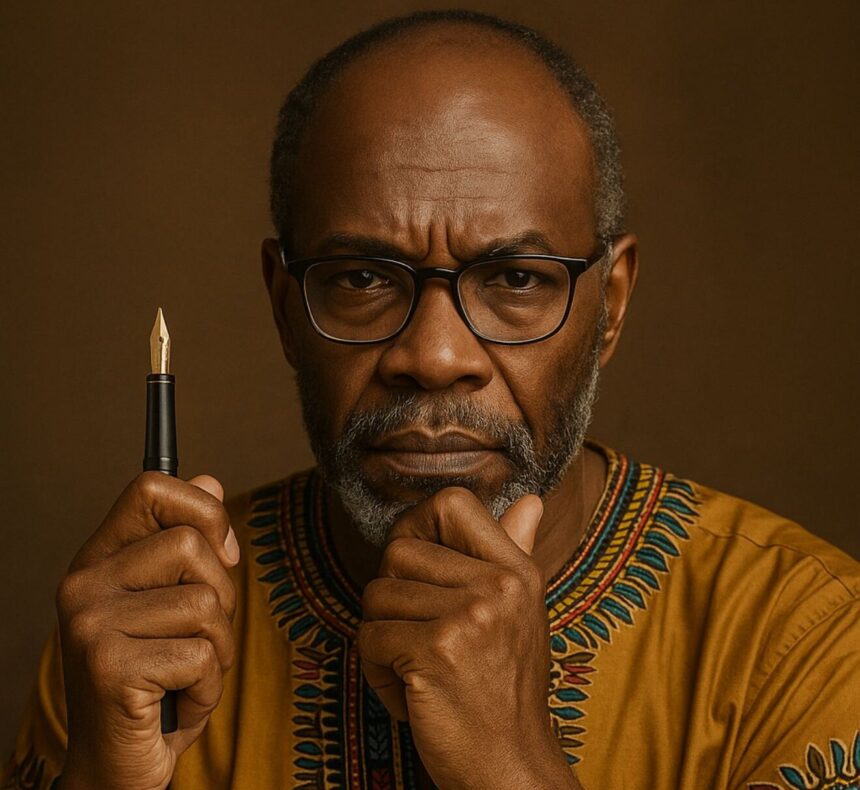The nation was shaken to its core. The tragic helicopter crash that claimed the lives of prominent Ghanaians, including two cabinet ministers, brought the country to an abrupt standstill. For once, party colours did not matter. Grief united us all.
From the opposition benches to government loyalists, from the markets of Kumasi to the corridors of power in Accra, Ghanaians wept together. Messages of condolence poured in from across Africa and beyond. It was a moment of collective mourning.
And yet, even in the shadow of national tragedy, reckless tongues wagged. Ghana’s newly appointed High Commissioner to the UK went so far as to suggest — quite irresponsibly — that Air Force officers aligned with the opposition NPP could have had a hand in the accident. Such wild speculation, without evidence, only deepens wounds and dishonours the memory of the dead.
To its credit, the government quickly empaneled a committee of aviation experts with a clear timeline. Their findings are now on record: the helicopter most likely struck a tree in heavy weather and exploded before it fell upon the hills. Still, questions linger.
What the Black Box Holds
In aviation, the black box is no mystery at all. It is, in fact, two devices: the flight data recorder (FDR) and the cockpit voice recorder (CVR). Together, they capture technical information on altitude, speed, and systems, as well as the conversations in the cockpit.
These devices are designed to withstand fire and impact, preserving the last crucial minutes of flight. In short, they hold the truth — or something very close to it.
Information I have picked up, yet to be doubly verified, suggests that halfway through the journey, the pilot landed due to bad weather and was reluctant to continue. Reports say some passengers pressed to proceed, mindful that a speech was to be read on behalf of the President.
Others reportedly argued that the pilot was “the boss in the cockpit” and should be allowed to decide. If true, the black box may reveal whether safety was sacrificed at the altar of political duty.
Politics and Tragedy
The event they were flying to attend had itself drawn criticism — dismissed by some as another PR gimmick by the NDC government, rebranding a programme inherited from its predecessors. Against that backdrop, whispers and conspiracy theories spread like wildfire.
Some even attempted rather foolishly to link the tragedy to the succession race within the NDC, pointing to names such as Johnson Asiedu Nketia, Cassiel Ato Forson, and Edward Omane Boamah.
Shortly after the accident, it emerged that the Finance Minister, Ato Forson, had urged the Interior Minister not to board. The NDC chairman himself said he nearly boarded but changed his mind. Farfetched as it is, even this was woven into succession gossip.
But beyond the noise, what matters is this: the black box allegedly contains evidence that could either confirm or dispel these suspicions.
If it is true that one minister insisted the flight continue while another urged deference to the pilot, Ghanaians have a right to know. Was the assignment considered more important than the safety of eight precious lives?
The Right to Truth
Those who died were not only ministers or officials. They were fathers, mothers, brothers, sisters, friends — human beings whose lives were cut short in service to country. Their families deserve closure. The public deserves transparency. The government owes the truth, not rumours.
So, I ask plainly: why the delay in releasing the contents of the black box? The truth may be uncomfortable, even explosive, but only truth can silence speculation. Only truth can honour the memory of the fallen.
The time has come for government to do the decent thing: open the black box and let Ghanaians know exactly what happened on that tragic flight. Anything less is an insult to the dead — and to the living who must still fly under the same
Dr Kofi Omintinming Apesemaka
Source: asaaseradio.com




